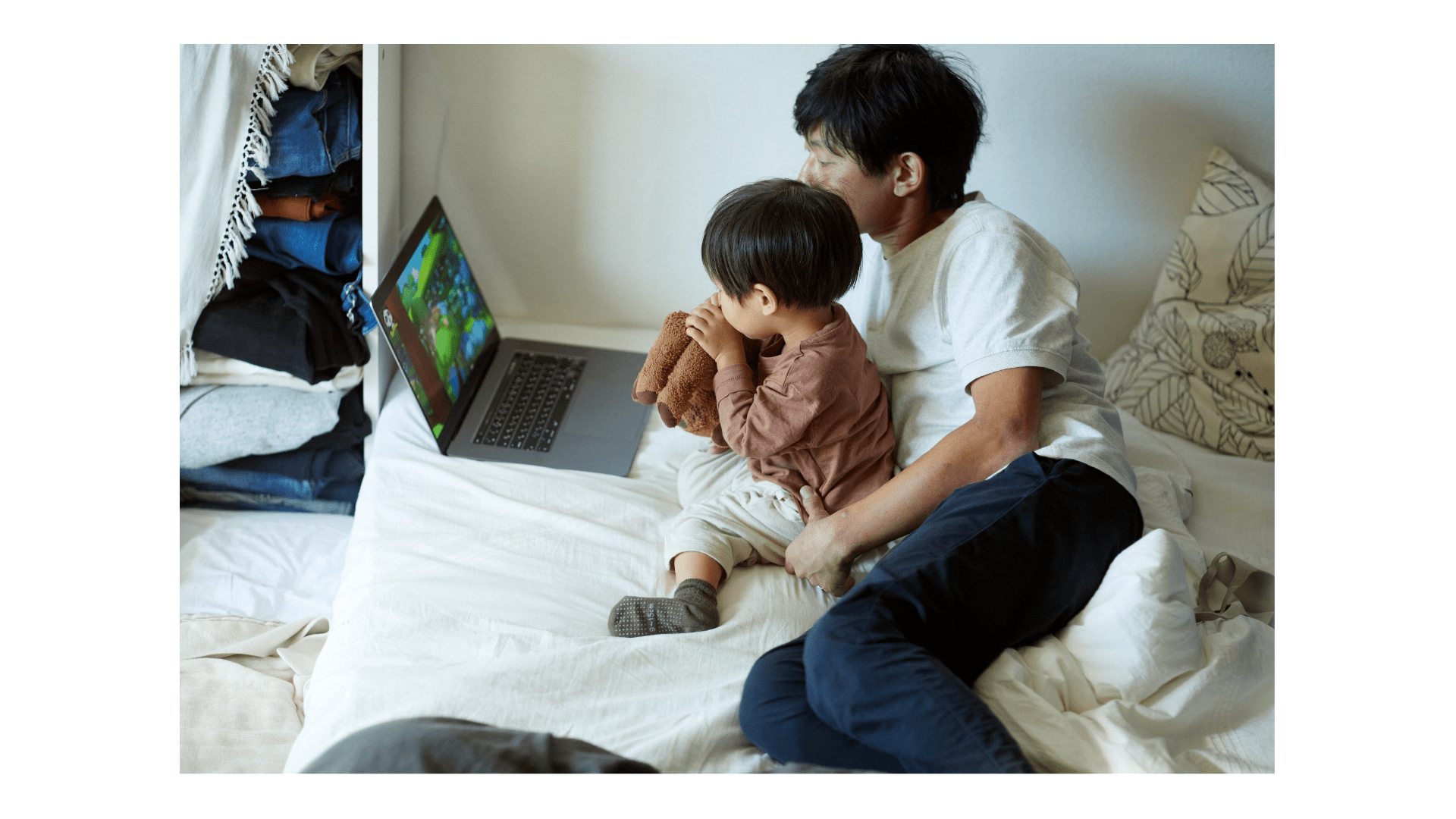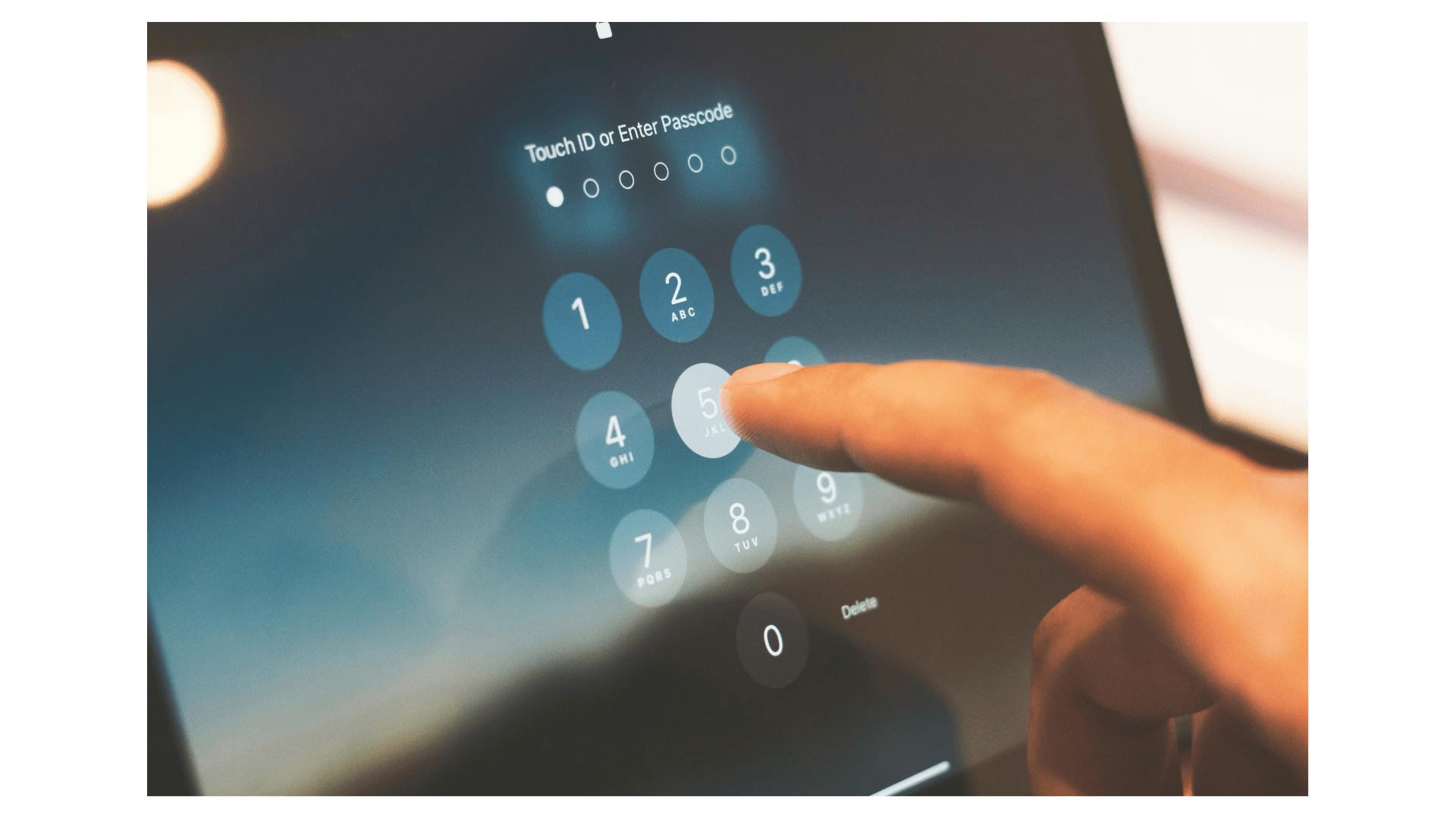As parents we are worried about our child’s development. We are always in a fix if screen time is good or can it affect negatively on our child’s overall growth. In this article, we will touch base on some of the aspects related to screen time, discuss if it is good or not for the kids and how to create a balance around it..
Lets understand what is Screen Time?
We all do this all the time ! Screens have become the most important part of our lives. Screen time means the time which a person spends digitally looking at screens such as Mobile phones, TVs, tablets, or computers. Whether we are travelling or socializing, without screens our lives are absolutely incomplete. Now lets think from child’s perspective, what would denote screen time for them? For children, screen time is often referred to as watching cartoons, playing video games, using learning apps, or scrolling through videos on Instagram, YouTube.

Does It Really Matter?
As per various articles on internet, researches talk about how screen time affects a child’s brain, body, and behavior. As a child grows in their yesteryears, what they do every day including how much time are they spending on screens, this can have a very big impact on their development.
We often talk about historical era when digital world was far far away from us. Then, kids were mostly playing outdoor or spending time doing indoor activities. If we look at kids around us, they are far more smarter as compared to historical era, all because of technology. So while, technology can be seen as creating impact but if it is rightly balanced then it can have a lot of positive impact on a child’s development..
What Science Tells Us..
Here’s what research says about screen time and child development:
1. Too Much Screen Time Can Delay Learning
- Babies and toddlers learn best from real people around them.
- Talking, playing, and reading with parents helps with language and thinking skills.
- Children who spend too much time on screens may speak later than a child who is not involved with screens.
2. It Affects Sleep
- Bright screens before bedtime can make it harder for kids to fall asleep.
- Poor sleep can lead to problems with focus, mood, and health.
3. It Can Change Behavior
- Long hours of screen use can lead to less physical activity.
- Some studies show too much screen time can increase anger, sadness, or trouble paying attention.
- Violent or fast-paced content may make children more aggressive or hyperactive.
4. Quality Matters
- Not all screen time is bad. Educational programs or apps made for children can help with learning—if used the right way and in small amounts.
- Watching or playing with a parent or caregiver helps children understand and learn better.

Expert Recommendations
Doctors from the American Academy of Pediatrics suggest:
- Under 18 months: Avoid screen time, except for video chatting.
- 18–24 months: Choose high-quality shows or apps. Watch together.
- 2–5 years: Limit screen use to 1 hour per day. Pick good content and watch with them.
- 6 years and older: Set clear limits. Make sure screen time doesn’t replace sleep, exercise, or family time.
What we as Parents can do
- Be a role model. Children copy adults. If you limit your own screen time or make it more productive i.e. engage in improving language speaking, vocabulary, they’re more likely to do the same.
- Create “limited screen or screen-free” times, like during meals or before bed (say engage in story telling verbally or use any digital App for them, this will ignite reading ability in your child).
- Encourage outdoor play, reading, and face-to-face time with family and friends.
- Talk with your child about what they watch or play. Ask questions and share thoughts.

Final Thoughts
Screens are part of our world today, and they can be useful tools. But balance is important, especially for growing children. With guidance, limits, and lots of real-life interaction, children can grow up healthy, smart, and strong, both on-screen and off.
Thanks for reading this blog, I hope that you’ve found this information helpful.
Also do check our Kinzy App to create fun memorable stories through our advanced Ai assistant with your kids.
Check out Kinzy Club Blogs for more such helpful articles.
Try out our App:
App Store: https://apps.apple.com/in/app/kinzy/id6743426150
Play Store: https://play.google.com/store/apps/details?id=club.kinzy.app&hl=en_IN ↩︎





